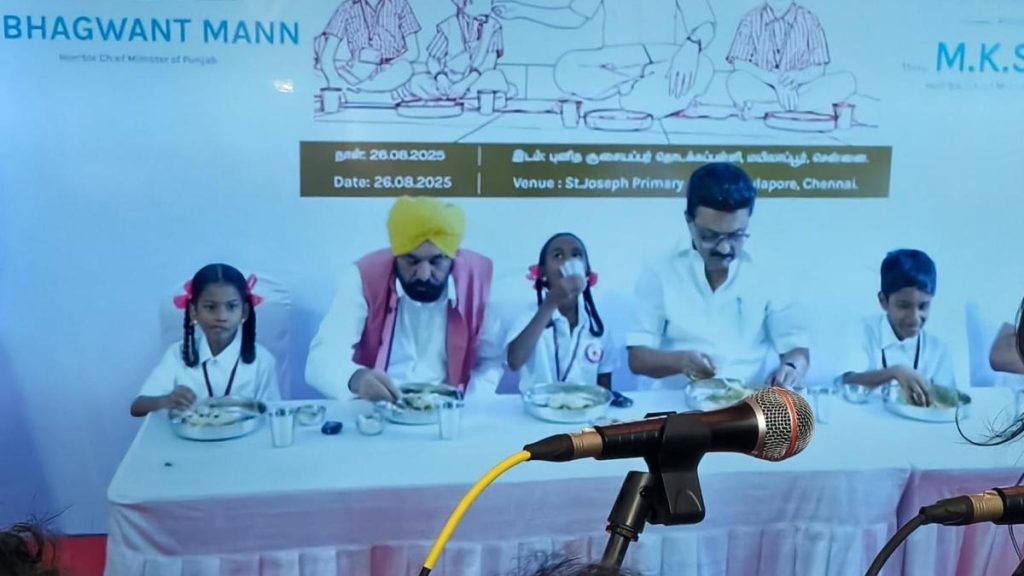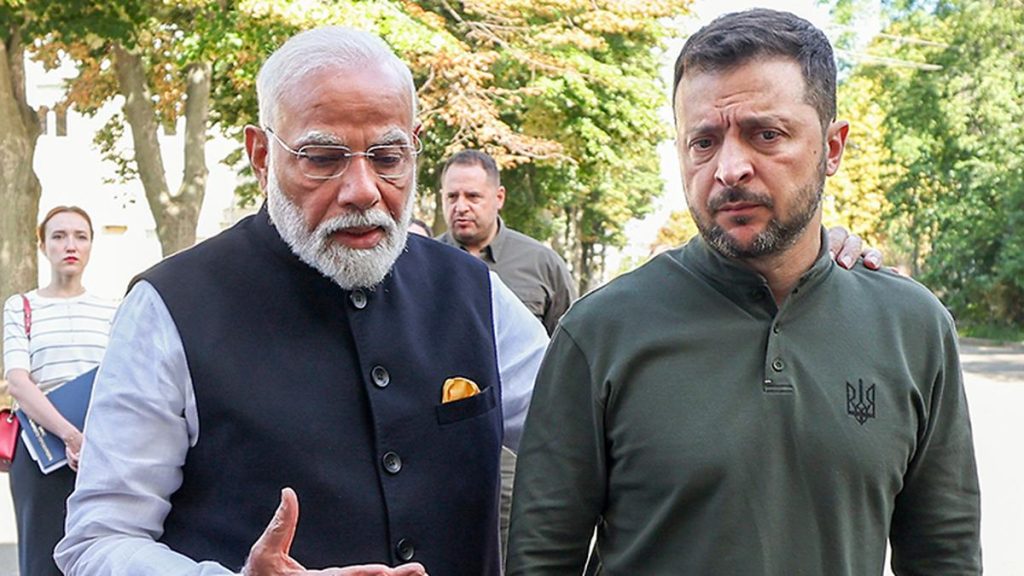Now Reading: Reflecting on the Illusions of Past and Future
-
01
Reflecting on the Illusions of Past and Future
Reflecting on the Illusions of Past and Future

Speedy Summary
- A reflective article explores the nature of memory, suggesting it is not a fixed retrieval but an active reconstruction influenced by feelings adn imagination.
- Scientific insights reveal both past and future are mental constructs,while only the fleeting present is objectively real.
- Memory functions as a tool for survival, emphasizing prediction over historical accuracy.
- The brain edits memories during recollection, reshaping identity and personal narratives based on what we believe or need to justify our sense of self.
- The future is similarly imagined through simulations created by brain architecture like the hippocampus and prefrontal cortex.
- Philosophical perspectives align with modern neuroscience; time exists as an illusion binding past, present, and future.
- Quotes from Einstein and Upanishads highlight ancient wisdom intertwined with scientific understanding of “living in the now.”
Source: Read More
Indian Opinion Analysis
The article’s themes resonate deeply with philosophical traditions found in India’s cultural legacy. Ancient texts like the Upanishads frequently enough emphasize mindfulness and living in the ‘present,’ echoing modern scientific findings explored here. from a societal perspective, this research could prompt Indians to reflect on how collective memory shapes national narratives. With India embracing its rich history while aspiring toward progress in various fields-from technology to social reforms-reexamining constructed traditions or myths might aid in fostering more inclusive identities.
individually, this perspective invites readers to embrace their agency within fleeting moments rather than being overly bound by distorted memories or imagined futures. It aligns well with certain evolving concepts within India’s education system regarding holistic growth focused not just on academic success but also emotional well-being.
Understanding memory’s imperfection might encourage more forgiving interpersonal relationships or democratic conversations rooted less in rigid interpretations of past events. For both individuals and nations alike in India striving for change amidst diversity, cultivating awareness around “the living moment” could refine approaches to problem-solving and aspirations-a timely insight given India’s fast-paced modernization.

























